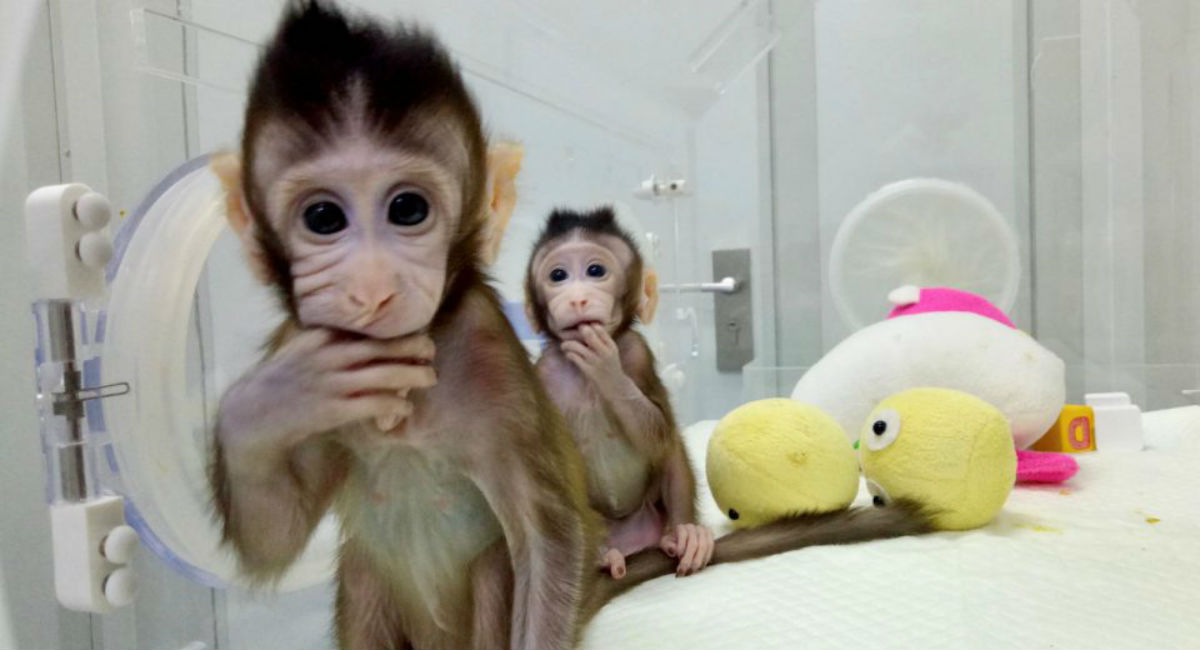
Is China raising its animal ethics standards?
US scientists say new research oversight processes have been introduced in China.
Gene-editing research has developed at a much faster rate in China compared to Western nations, and many attribute this to the lack of bioethics regulation in the country. Yet are things changing?
A new feature article in The Atlantic gives insight into the ethical considerations that enter into the research processes of leading genetics and animal research teams in mainland China.
It would appear from some of the more controversial research projects conducting in the country — such as the cloning of monkeys — that very little ethics oversight takes place. Yet according to Robert Desimone, head of the McGovern Institute for Brain Research at MIT, “the situation [in China] is changing radically”. Researchers at the Shenzhen Institutes of Advanced Technology (SIAT), for example, must have relevant research projects reviewed by committee similar to the Institutional Animal Care and Use Committees (IACUC). The IACUC is a body that oversees federally funded animal research in the United States, including scientific and ethical assessment of projects. Some Chinese facilities doing research on non-human animals have been accredited by the Association for Accreditation of Laboratory Animal Care, an international nonprofit that oversees animal welfare in labs.
Still, reports routinely arise from China of research projects that would not seem to meet the sorts of ethical standards set by Western research ethics oversight bodies.
According to The Atlantic, researchers from SIAT — with the assistance of leading US genetics researchers — have deliberately created chimpanzees with genetic defects designed to simulate autism, in an effort to study the causes of autism and relevant drug treatments. Other recent research projects to emerge from China include gene-edited rabbits with muscular dystrophy symptoms, and piglet model of Huntington's disease.
Is China raising its animal ethics standards?
Xavier Symons
Creative commons
https://www.bioedge.org/images/2008images/FB_monkey_clones.jpg
